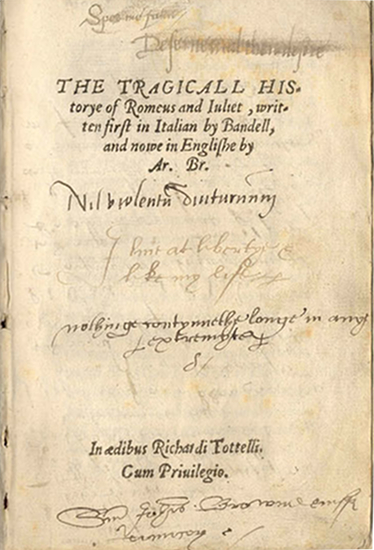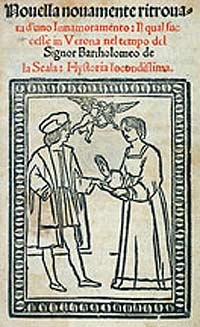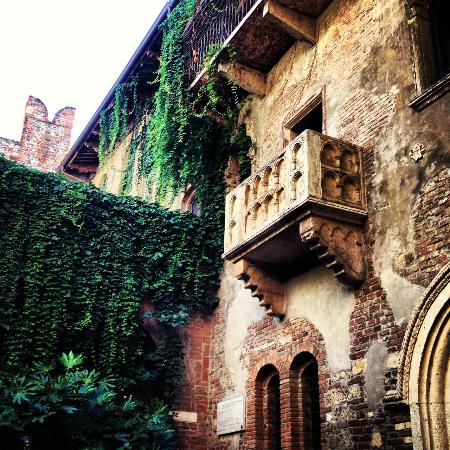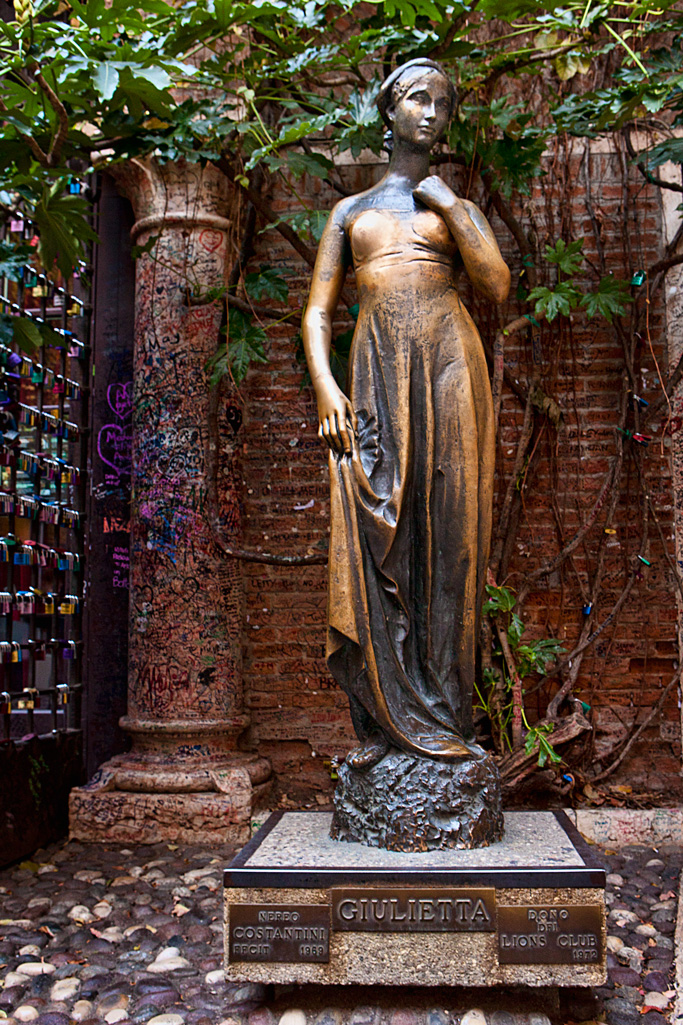I am a bookie and a foodie, and I love sharing random musings on my social media sites. Nearly every day I post a quote (most are inspirational, but every once in a while I throw in a zinger), a Wacky Word of the Day, and an Itty Bitty Question. The questions are my favorites, because they are open-ended and generate some interesting responses.
The other day I posted a question on Facebook (www.facebook.com/amy.hagberg) about William Shakespeare’s tragic love story, Romeo and Juliet:
What is Juliet’s last name?
It was an easy question since many of my friends and followers are book nuts and almost everybody got the correct answer: Capulet. (Incidentally, Romeo’s last name was Montague in case you’re interested.)
One man told me he had visited Juliet’s tomb. I wasn’t aware of any such burial site, so I put on my researcher’s hat and got busy. I’ve discovered some fascinating factoids about Romeo and Juliet (well, I think they’re fascinating, but then again, I’m a book nerd), and thought you might find them interesting, too.
1. One of the earliest references to the names Montecchi (Montagues) and the Cappelletti (Capulets) is in Dante’s Divine Comedy (Purgatorio canto VI, ll. 106-8):
Come and see, you who are negligent,?
Montagues and Capulets, Monaldi and Filippeschi?
One lot already grieving, the other in fear.
2. Shakespeare purportedly based his play on two very real people who died in tragic circumstances in Verona, Italy in 1303. The feud between the noble Montague and Capulet families has actually been recounted in a number of literary works dating back to 1476.

Title page of Arthur Brooke’s poem

De Porto’s Giulietta e Romeo, 1530
3. So, is Juliet Capulet really buried in Verona, Italy? The city is known worldwide for two things: it’s Roman amphitheater and for becoming the “Town of Love” thanks to the myth of Romeo and Juliet. A house claiming to have belonged to the Capulet family is a popular tourist attraction http://www.viator.com/Verona-attractions/Juliets-House-Casa-di-Giulietta/d945-a4037.
Casa di Giulietta
Among the highlights of the site is the balcony where she and Romeo supposedly professed their love to one another.

A bronze statue of Juliet stands in the courtyard near the balcony. Legend has it that those who stroke the right breast of the statue will have good fortune.

Visitors write their names and those of their beloveds on the walls of the entrance, known as Juliet’s wall. Many believe that doing so will make their love everlasting.

Thousands of visitors put small love letters on the walls.

That’s not all. Letters addressed to Juliet (Giulietta Capuleti) have been arriving in Verona since the 1930s. More than five thousand letters are received annually, three-quarters of which are from women. The largest group of senders is American teenagers. In 1980, the “Club di Giulietta (Juliet Club)” formed to manage the mail (http://www.julietclub.com/en/). It focuses on one very unique task: replying to the thousands of letters addressed to “Juliet” from everywhere in the world.
What do you think? Is this really the site where literature’s beloved Juliet eternally sleeps? Probably not, but we all have a little romantic in us.
Until next time,
~ Amy
Amy Hagberg
www.amyhagberg.com